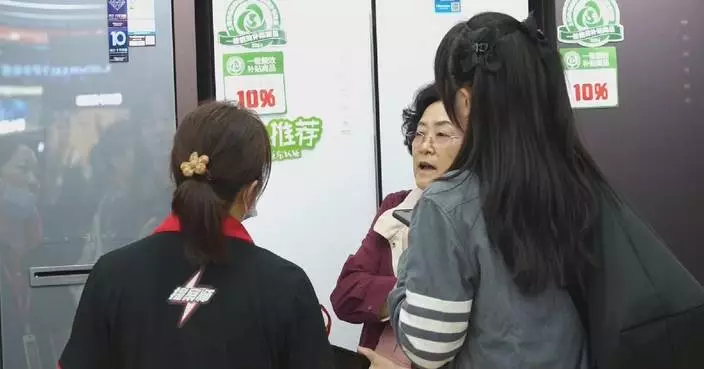A Chinese Foreign Ministry spokesperson on Monday urged Japan to reflect on its history of aggression and sever ties with militarism, after top Japanese officials attended or provided offerings to the Yasukuni Shrine during the "Grand Spring Festival" ceremony held on Sunday.
Yasukuni Shrine, recognized as a symbol of Japanese militarism, started its so-called "Grand Spring Festival" on Sunday. Prime Minister Fumio Kishida, along with speakers from both the lower and upper houses of parliament, made offerings, and several cabinet members personally visited the shrine.
During Monday's regular press briefing, spokesperson Wang Wenbin expressed China's strong opposition to these actions by Japanese leaders.
"Yasukuni Shrine serves as a spiritual tool and symbol of Japanese militarism and its wars of external aggression, enshrining 14 Class-A war criminals responsible for the severe war of aggression. China strongly opposes Japan's negative actions concerning Yasukuni Shrine. The Chinese Ministry of Foreign Affairs and the Chinese Embassy in Japan have each made solemn representations to the Japanese side. China urges Japan to genuinely adhere to its statements and commitments to reflect on its history of aggression, sever all ties with militarism, and build trust through concrete actions with its Asian neighbors and the international community," said Wang.

China urges Japan to renounce militarism over Yasukuni Shrine offerings
A French student from the School of Chinese Language and Literature at Beijing Foreign Studies University recently called for more educational exchanges between the two countries.
During an interview with China Global Television Network (CGTN), Bouaoud Elies shared his experience living and studying in China.
After graduating from the business school at Beijing Foreign Studies University, Elies decided to stay in the country. He said he continues to study Chinese to improve his competitiveness and explore the huge trade opportunities between the two countries.
"I mean I love it here. I don't want to go back to France. I would like to become the bridge between France and China. So, if I can do this, thanks to the Belt and Road Initiative, the Silk Road, now the relations between France and China are very good. So, I think a lot of things will happen," he said.
Elies also said he hopes that more French students could visit China and develop a better understanding of the country.
France was the first major western country to establish full diplomatic ties with China, and the history of educational exchanges can be traced back more than a century and a half when China sent its students to France to study maritime affairs.
Since then, exchanges have deepened considerably.
"In China, we have established 14 French training centers. In France, we have established 19 Confucius Institutes. These institutions serve as bridges for mutual understanding and trust between the youth and people of the two countries, enhancing language and cultural connections," said Yang Dan, Director General of the Department of International Cooperation and Exchanges under the Ministry of Education.

French student calls for more educational exchanges with China










